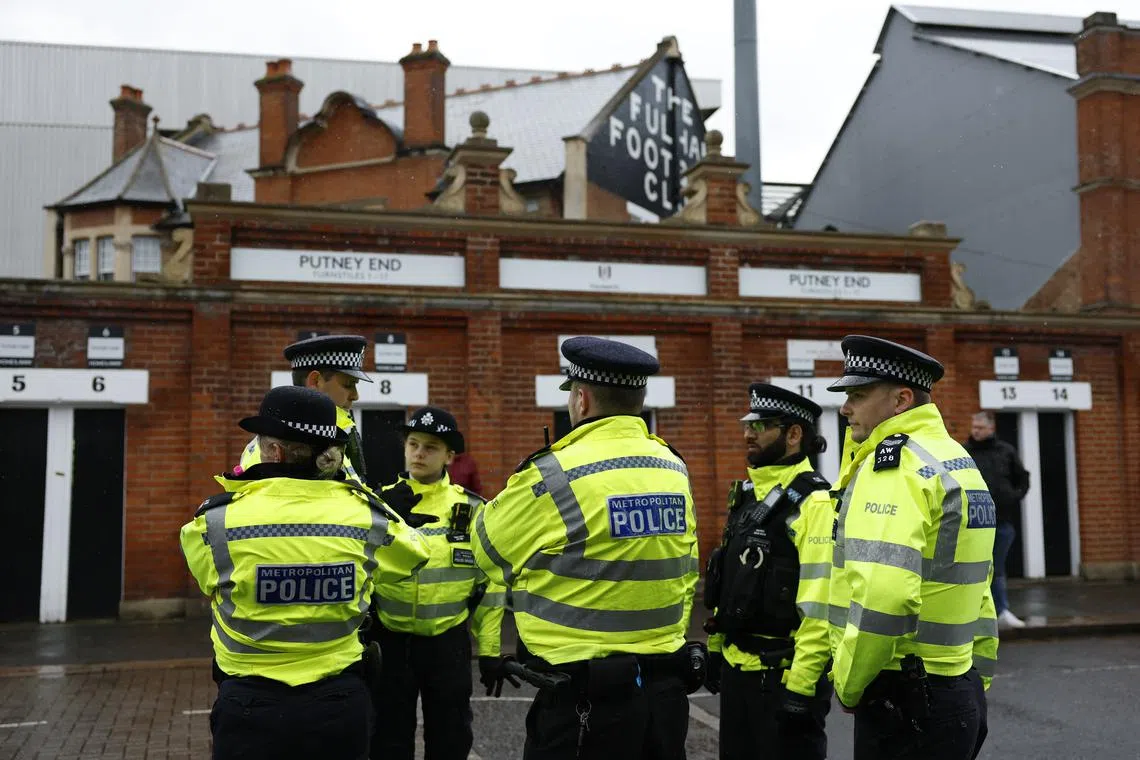For subscribers
Inequality hasn’t risen. Here’s why it feels like it has
What appears on the surface to be a flat trend in Western countries masks churn beneath – and growing middle class angst.
Sign up now: Get ST's newsletters delivered to your inbox

In Britain, police officers are among those slipping down the income rankings.
PHOTO: REUTERS
It’s a curious thing. Between around 1980 and the late 1990s, the English-speaking world saw an explosion in concern about inequality, matching a clear widening of the gap between rich and poor on both sides of the Atlantic. But a second sharp rise in public concern about income disparities over the past decade has taken place during a period when most measures of inequality show no rise, or even a slight decline.
By inequality, we mean some measure of the dispersion between top and bottom. The Gini coefficient of income inequality, which captures the overall fairness of the distribution, has been either flat or falling for the past two decades in Britain, America and much of Western Europe. The ratio between the earnings of the top and bottom 10 per cent is not dissimilar. If anything, it has been falling.


